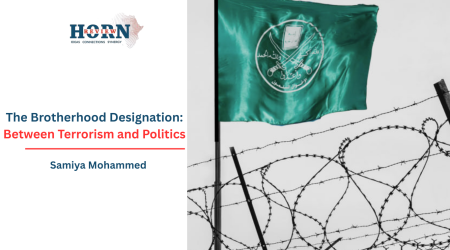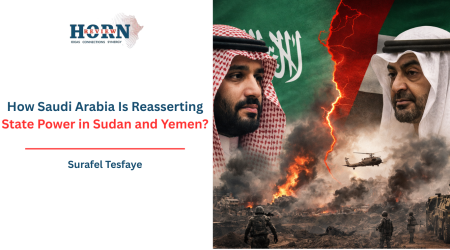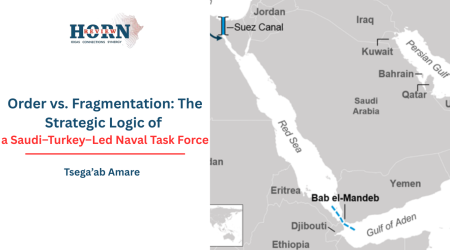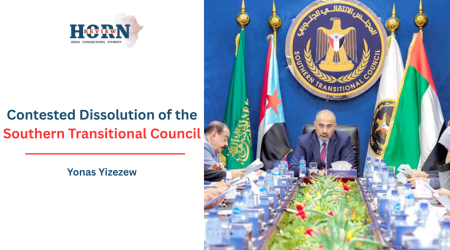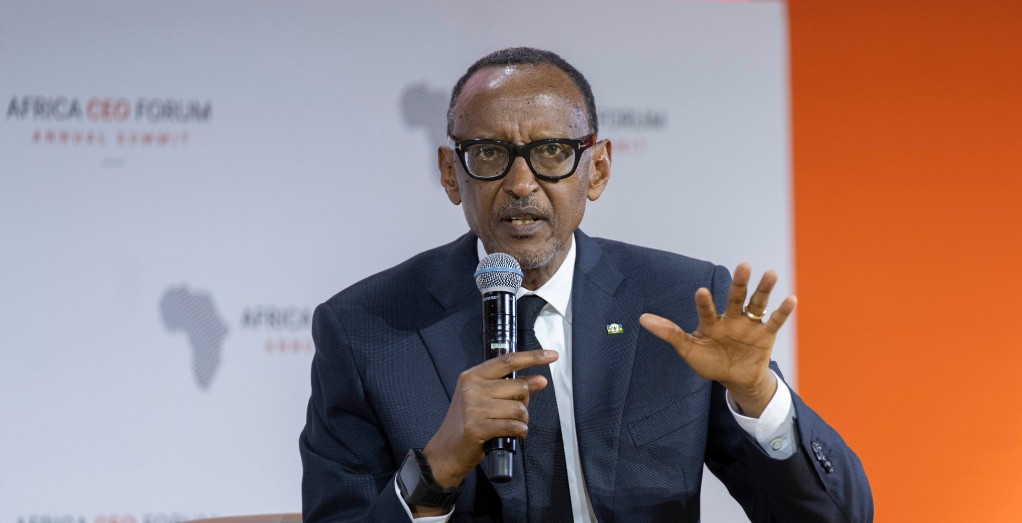
15
May
Capitalizing on Geopolitical Disruption: Africa’s Opportunity for Economic Sovereignty
Paul Kagame’s recent statement cuts to the core of Africa’s economic predicament. He questions the fundamental fairness of global financial practices. He argues, “Why should someone print paper and hand them over to us (AFRICA) and require us to pay back, not with another paper but our resources? I have realized that this is an act of modern Slavery and Colonization.” This perspective demands a reassessment of Africa’s position in the world order.
Kagame’s critique centers on the disparity between the creation of debt and its repayment.
Typically, Western countries would issue loans to Africans in foreign currencies. However the repayment requires exchange for real assets. This system leads to the flow of African wealth, including natural resources and agricultural products, outwards for debt servicing. In essence, this acts as a form of economic dependence. It is rendered incapable of channeling resources into national development.
This dynamic has historical roots. Colonialism established a pattern of resource extraction. European powers exploited Africa’s wealth for their benefit. Often this pattern was mirrored in post-colonial economic arrangements. Many African countries inherited setups that placed greater emphasis on foreign trade than on internal promotion. This heritage continues to shape Africa’s economic relations today.
However, the current global landscape presents a unique opportunity for Africa. Appreciable developments in increased pronouncements of sanctions by Western countries are disturbing the traditional flow of trade and finances. This disruption has created a vacuum. It has also created a demand for alternative sources of resources and trade partners. So with the gigantic deposits of critical minerals and the growing consumer market, Africa is in a position to fill this void.
An active position must be maintained by African countries when it comes to issues of aid and debt. Indeed, African nations possess assets, and as supply chains are disrupted in the geopolitical instability, their strategic value will increase. If African countries coordinate their policies and act together, they can call for a system of equity. This would include fairer prices for their exports and greater control over their resources.
Kagame’s call for resource sovereignty fits right into that strategic opportunity. African countries must put forward and prioritize policies for their further development. They should seek relationship-building that will offer them technology transfer and infrastructure development.
These sanctions convey a great amount of power for Africa; in fact, these might be considered a dilemma. In an attempt to evade sanctions, countries might well seek Africa for trade and investment purposes. This is exactly the kind of opportunity whereby African countries should demand fairer terms from the outside world. They should, instead, insist on partnerships that respect their sovereignty and work with them as they build sustainable systems of development.
In conclusion, Kagame’s statement is not just a critique but a call to action. Africa has to set up the moment to take control of its economic relations. Given the global setting of increasing sanctions and geopolitical competition, the time is ripe for Africa to free itself from this cycle of debt and resource extraction. Africa can create an independent and prosperous future for itself while negotiating and fostering a new role of bargaining power.
By Bethelhem Fikru, Researcher, Horn Review







